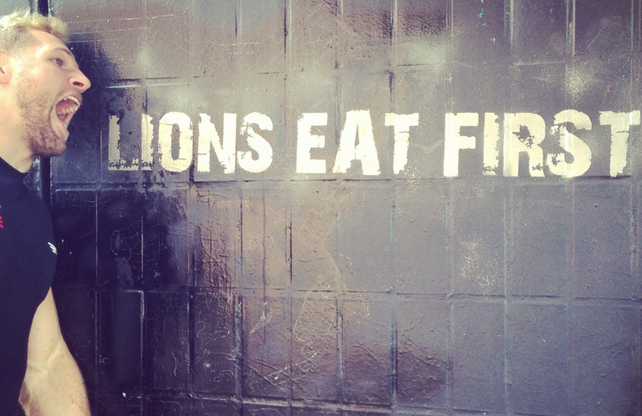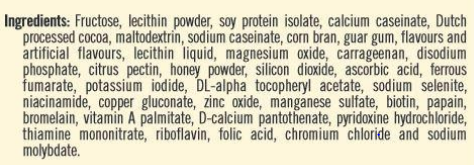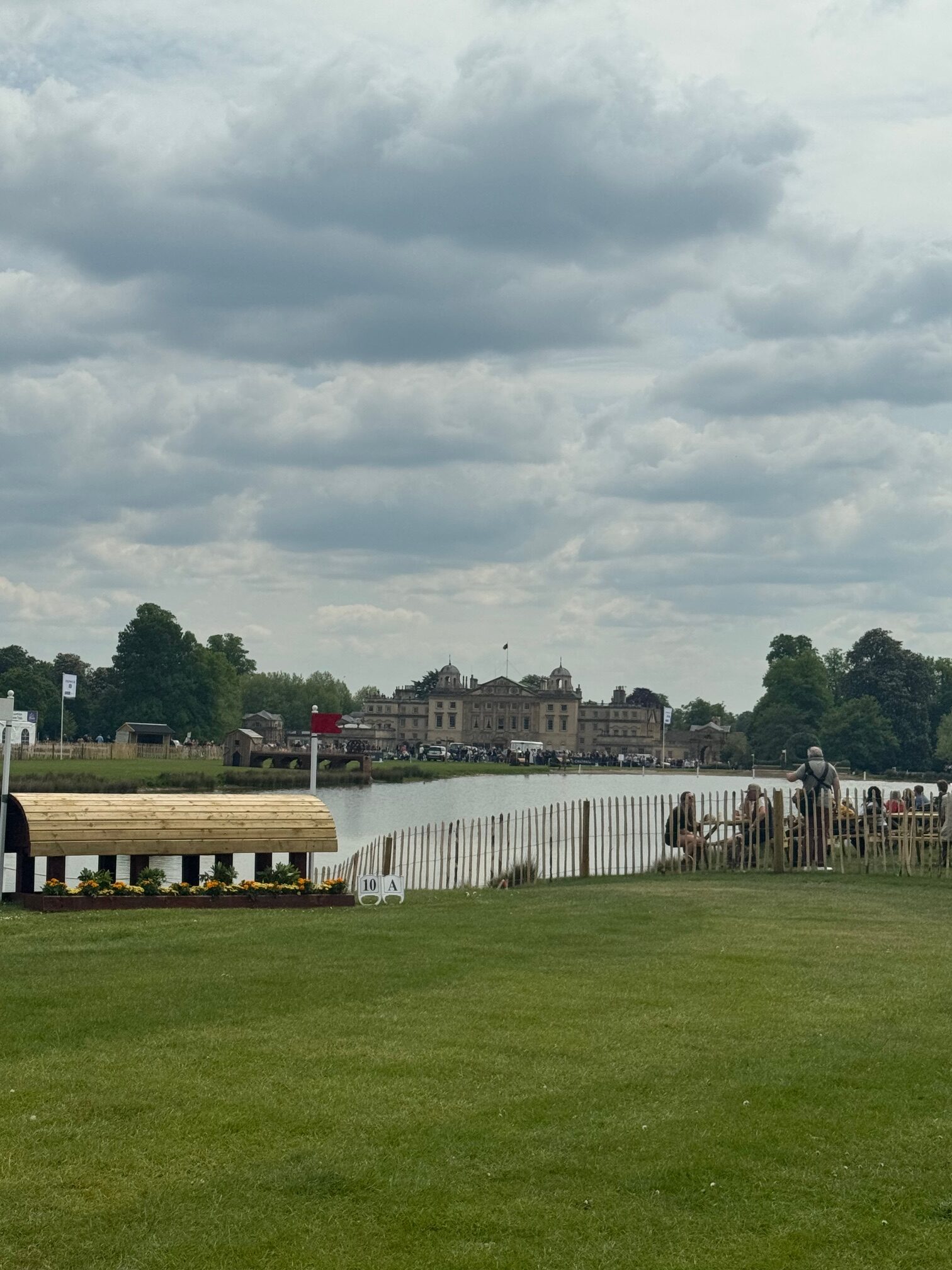James Haskell: Diet fads to avoid
By JAMES HASKELL
Whenever a ‘new’ diet comes along, I always take it with a generous pinch of scepticism. The power of the internet these days means that dietary advice – whether it’s healthful or harmful – can spread like wildfire. Remember: Unlike us at JHHF most people on the internet have absolutely no interest in your health and wellbeing. Their sole aim is to get as much exposure or sell as many products (often both) as they possibly can. And what generates exposure like nothing else? Crazy, radical ideas.

James Haskell shares his tips on which diet fads should be avoided at all costs
You see, the fundamentals of healthy eating haven’t changed in a long time. Eat real food, as close to it’s natural form as possible. Fill your diet with plenty of colourful fruits and vegetables. Oh and don’t forget to treat yourself every once in a while. But guess what? To most people, this is old news. It doesn’t drive traffic to blog posts or fill up column inches in newspapers. So instead of focusing on what works, they focus on what sells. You know the type of headlines I’m talking about…“Cyndy lost 50 pounds in 30 days eating nothing but peanut butter!” or “Brian looks 10 years younger thanks to THIS magical fruit!”. We humans are a naturally inquisitive bunch, so despite it going against all logic, we’re probably going to try it anyway. Hey presto! A new fad diet is born.
My definition of a ‘fad’ diet: Anything that unnecessarily restricts, eliminates, or excessively focuses on a given food or food group without the presence of a medical condition. Here are some that you should stay as far away from as possible.
IIFYM – ‘If it fits your macros’
You knew I was going to start here, didn’t you? If It Fits Your Macros, or IIFYM for short, is basically an excuse created by the fitness industry that allows people to eat crap and stay ‘in shape.’ The theory is that as long as it ‘fits your macros’ – in other words, the allotted amount of protein, carbohydrates and fats that you are allowed in a day – then you can eat it. In other words, it makes no difference whether your daily diet is made up of cake, ice cream and chocolate buttons; or wild salmon, sweet potatoes and broccoli. As long as the numbers add up, it all has the same result. I know a lot of people that practice IIFYM. And, from the outside, they do seem in pretty good shape. But on the inside? They get headaches and brain fog, they can’t sleep, their energy levels suck. Their joints ache, their digestion is all over the place and they’re always getting sick. Long term, it’s not just their health that suffers from eating this way. Sure enough, their performance soon starts to follow suit. Let’s have a bit of common sense people. Calories and macros matter, but food choices should always be prioritised for good health and elite performance. Sorry to be a fun crusher, but you just can’t eat chocolate and cake all day and expect to be healthy.
Cambridge Diet / Juice Plus / Herbalife Diets
There are thousands of these types of diets out there – I’ve just chosen to look at some of the most wellknown. In a nutshell, they all involve: · Excessively restricting calorie intake · Swapping one or more meals each day with a ‘nutritionally balanced’ shake. Of course, all of these shakes are sold (expensively) by the creators of the diets themselves. Smell a rat here? Now take a look at the ingredients on one of the labels:

How many of these ingredients would you recognise on a supermarket shelf? Now, ask yourself: does this really look healthy? Combine this with the fact that the recommended calorie intake on these diets can range from anywhere between 450 to 1500 calories per day, and you soon begin to realise that they are a car crash waiting to happen. In perspective, the average 11 year old girl needs 1600 calories each day. Bottom line, we should never skip real food in favour of shakes or meal replacements. High quality protein shakes can help to supplement an already healthy diet, but should not be used instead of one.
The blood type diet
Popularised by physician Dr. Peter D’Adamo in the late 1990s, The Blood Type Diet claims to help find a person’s ideal diet based on their ABO blood type. According to Dr D’Adamo, a person’s blood type determines the types of food they should be eating; for example, people with blood type O should eat a high protein diet and avoid cauliflower, Brussels sprouts and lentils, whilst people with blood type A should eat a vegetarian diet that is high in seafood and pineapple. All this, despite no evidence suggesting any relationship between a person’s blood type and the diet they should be eating. In fact, in a comprehensive review of over 1000 studies published in 2013, not a single one was able to propose any sort of health benefits resulting from the blood type diet. The blood type diet is very challenging to implement and can be unnecessarily restrictive, even of foods that are healthy. With no evidence to suggest that the blood type diet can have any sort of health benefits, I’d recommend steering clear of this diet fad.
The master cleanse
Like most people, I first heard of ‘The Master Cleanse’ when it was reported as the secret to Beyonce’s rapid weight loss before her role in the movie Dreamgirls. It involves drinking a cocktail of warm water, lemon juice, maple syrup and sea salt every day, up to 12 times per day. And. Nothing. Else. Alarm bells ringing yet? What’s even more scary about this ‘diet’ is that the duration can stretch from anywhere between 10 to 40 days – eating no food and drinking only the water / lemon / maple / salt combination. Unsurprisingly, diets like these are used as a short term ‘quick fix’ for weight loss. By doing this diet, you will probably lose weight, simply because of the excessive restriction of calories it involves. But diets and ‘cleanses’ such as this one can be extremely damaging to the metabolism, and end up causing far more problems in the long run than they may solve over the short term. Sustainable weight loss is a slow, steady process; so don’t try and ‘hack’ your way to faster fat loss with The Master Cleanse or anything similar.
Raw food diet
The Raw Food Diet has a lot of good things going for it – namely, a strict adherence to fresh produce in the form of fruits and vegetables. Raw foods are one of the healthiest things we can eat, and there are numerous studies that demonstrate how the nutritional value of food is depleted as more heat is used. We could probably all benefit from eating more raw foods – but that doesn’t mean that everything we eat should be raw. Despite the nice ideology behind it, is almost impossible to meet all of our nutrient requirements eating 100% raw foods. Just like there are some fruits and vegetables that are better raw, there are also some that need heat in order to be safe to eat; such as green cruciferous vegetables, or starchy tubers. A fully raw diet is also notoriously hard to get enough protein and many important nutrients such as B vitamins, iron and zinc. Long term followers of fully raw diets often complain of weakness, chronic fatigue, muscle wastage, insomnia, decreased libido and impaired brain function as these nutrient deficiencies begin to manifest. Raw foods are great, but humans are not designed to eat 100% raw. Compliment the healthy raw foods you eat with nourishing cooked foods in order to maintain long term good health.
Other ‘quick fixes’: The cabbage soup diet, the baby food diet, the potato diet…
Yes, these are all genuine diets. No, they are not healthy. Any diet that focuses on excessive calorie and / or food restriction for short term gain is best avoided. Not only are they unsustainable, but they can have potentially damaging effects on your long term health. Whether your goal is to lose weight, build muscle or just get healthy; there is no need to turn to extreme dieting to get there. Be sensible, make the right food choices, don’t overcomplicate things, and listen to your body. And you will get results.
James Haskell Health & Fitness helps you achieve a healthier and fitter lifestyle. We do this delivering professional fitness and nutrition advice in a simple, clear and easy to understand format. In conjunction with the development of our own range of clean and certified sports supplements, this allows the individual to achieve the lifestyle balance, which is right for them. If you want to know more about Health, Nutrition and Fitness then please visit our website www.jameshaskell.com. Please send us your questions and any comments you would like to make, via our social media channels. Plus if you feel informed by what you have read, please share the information using #JHHF #RugbyFit #JHTraining #JHFitness #JHNutrition Twitter – @jameshaskellhf Instagram @jameshaskellhf

























